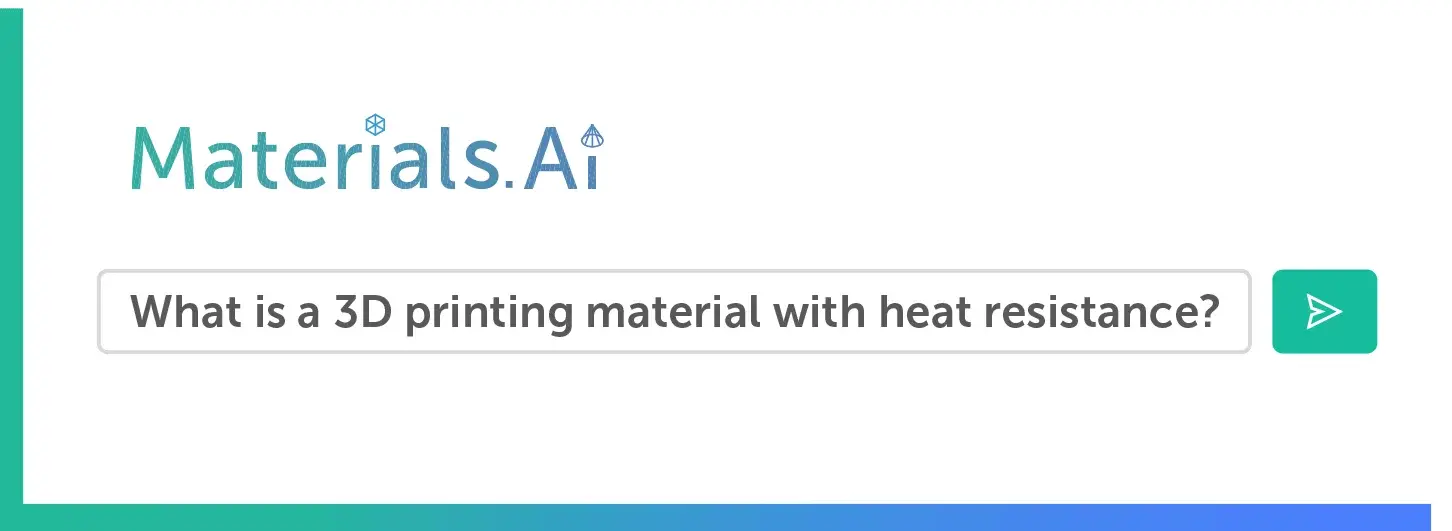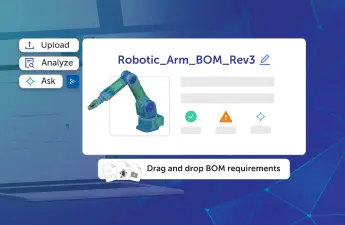Time to read: 3 min
Global trade policies are evolving quickly. It’s essential that importers and manufacturers stay informed. Fictiv’s team is dedicated to helping you navigate changes and strengthen your supply chain.
What Are Section 232 Tariffs?
Section 232 tariffs are trade measures imposed by the U.S. government under Section 232 of the Trade Expansion Act of 1962, which gives the President the authority to adjust imports if the U.S. Department of Commerce determines that certain imports threaten national security.
Key Use Case: Aluminum and Steel
In 2018, President Trump imposed Section 232 tariffs of 25% on steel and 10% on aluminum, citing national security concerns. President Biden later adjusted, but did not repeal, the tariffs—replacing them with tariff-rate quotas (TRQs) for allies like the EU and Japan in 2021. However, duties on China and others remained in place.
Now, in 2025, the original tariffs are reaffirmed and potential expansions are under consideration.
Prototype vs. Commercial: Why It Matters
Section 232 tariffs on steel and aluminum generally apply to imports for commercial use—such as resale, production, or integration into finished goods. Imports strictly for prototyping or R&D may qualify for exemption under Chapter 98 of the Harmonized Tariff Schedule (HTSUS), provided the use is non-commercial and properly documented.
In March 2025, Section 232 tariffs were temporarily applied to prototype imports. This policy was later reversed, reinstating exemptions under Chapter 98 for non-commercial use.
Section 232 Tariff Updates
What Section 232 Tariffs Mean for You
Prototype Orders:
If you are importing aluminum or steel prototypes through Fictiv, this duty applies to your orders—unless they fall under the Chapter 98 prototype provision. If you are acting as the Importer of Record (IOR), you are responsible for ensuring duties and compliance are properly managed.
Commercial Orders:
1. Duties Quoted & Prepaid via Fictiv’s DDP & IOR Services
If you select DDP (Delivered Duty Paid) with Fictiv as Importer of Record, your quote will include the total landed cost—covering shipping, duties, and tariffs. Fictiv will prepay the duty on your behalf.
2. You Act as the Importer of Record
Under Incoterms like EXW (Ex Works) or DAP (Delivered at Place), you, the customer, are responsible for managing the import process and paying all duties at the time of entry.
Don’t Forget: Customs Bonds & Brokers
For high-value imports (typically over $2,500), a Customs Bond may be required. This bond acts as a financial guarantee to U.S. Customs and Border Protection (CBP), covering potential duties, taxes, and fees associated with your shipment.
There are two main types:
- Single Entry Bond: Ideal for one-time or infrequent imports.
- Continuous Bond: Recommended if you import regularly or have multiple high-value shipments.
If you’re not familiar with customs procedures, consider working with a licensed customs broker. Brokers can help simplify the process and reduce the risk of delays, fines, or compliance issues.
Our Commitment to You
We understand these changes can create unexpected costs and confusion.
We’re here to help you navigate tariffs with transparency and support. Fictiv’s platform now automatically includes duties and tariffs in your quote when you select DDP with Fictiv as the IoR—no extra steps required.
If you have any questions about how Section 232 tariffs may impact your orders, your Fictiv account representative or support team is always here to help.
Stay Up to Date on Tariff Changes
Tariff policies can shift quickly, making it essential to stay ahead. We’re actively monitoring these changes and will keep you informed as new developments arise.
Together, we can minimize disruption and keep your supply chain running smoothly.
Importer Checklist
- Check for Aluminum or Steel
Confirm whether your parts include aluminum or steel, as Section 232 tariffs may apply. - Understand Your Incoterms
Determine if your order uses DDP (Fictiv handles import) or EXW/DAP (you manage duties and customs). - Set Up a Customs Bond
If you’re the Importer of Record, you may need to secure a Customs Bond to cover duties. - Consider a Licensed Customs Broker
For complex shipments, a broker can assist with classification, documentation, and duty payments to avoid delays.










